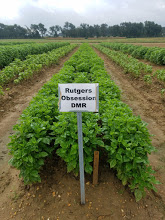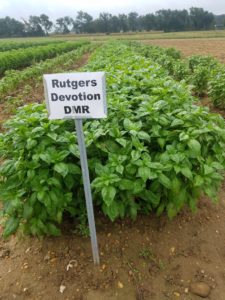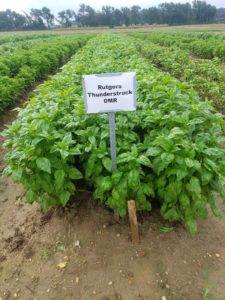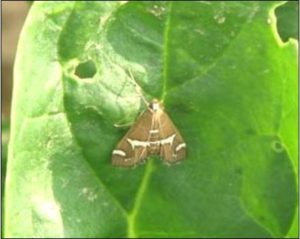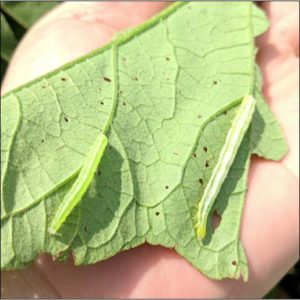Note: This is the final weekly edition of the Vegetable IPM Update for 2018. Further updates may be published in response to specific pest threats.
Sweet Corn
European corn borer (ECB) moth catches remain low. There will be no map in this edition. [Read more…]

